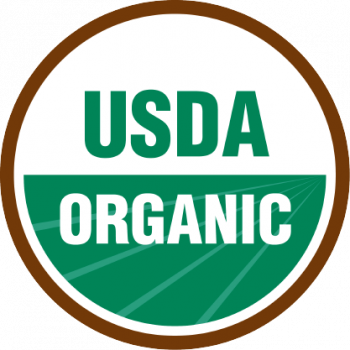In Our Spotlight
UMass Extension Taps into TOPP
In August 2022, U.S. Agriculture Secretary Tom Vilsack announced an ambitious suite of programs aimed at building and improving opportunities for organic farmers. In the announcement, USDA noted that organic farmers occupy a unique position in the marketplace, allowing them to collect a greater share of the food dollar. The Transition to Organic Partnership Program (TOPP), was a major component of the plan, with a $100 million commitment over five years in technical assistance to existing and transitioning organic farmers. 
This winter, as part of the TOPP initiative, UMass Extension and NOFA/Mass have joined forces to offer a series of workshops on the Fundamentals of Organic Production. The six workshops address the foundations of organic vegetable and small fruit production, and are intended for commercial growers. Topics include: fertility management, cover cropping, small fruit production, greenhouse production, organic methods for vegetable pest management, and food safety.
“We are excited to collaborate with NOFA to offer this series of workshops, which should be relevant to beginning and intermediate growers, whether they are currently certified organic or not, said Sue Scheufele, Production Agriculture Leader for UMass Extension. “During each session, we will cover the topic generally and highlight areas that certified organic growers will need to pay extra attention to, like which amendments or pesticides are OMRI-listed and how to keep plants healthy without synthetic inputs.”
The workshops will take place mid-February through April at Brigham Hill Community Farm in North Grafton, MA, as well as online. There is no charge to attend, though registration is required. For more information go to https://ag.umass.edu/vegetable/events/transition-to-organic-parternship-program-fundamentals-of-fertility-management.
While the TOPP initiative focuses specifically on training and education, it is just one part of a larger $300 million package of support for organic that also includes direct assistance to farmers, and support for organic market development.
